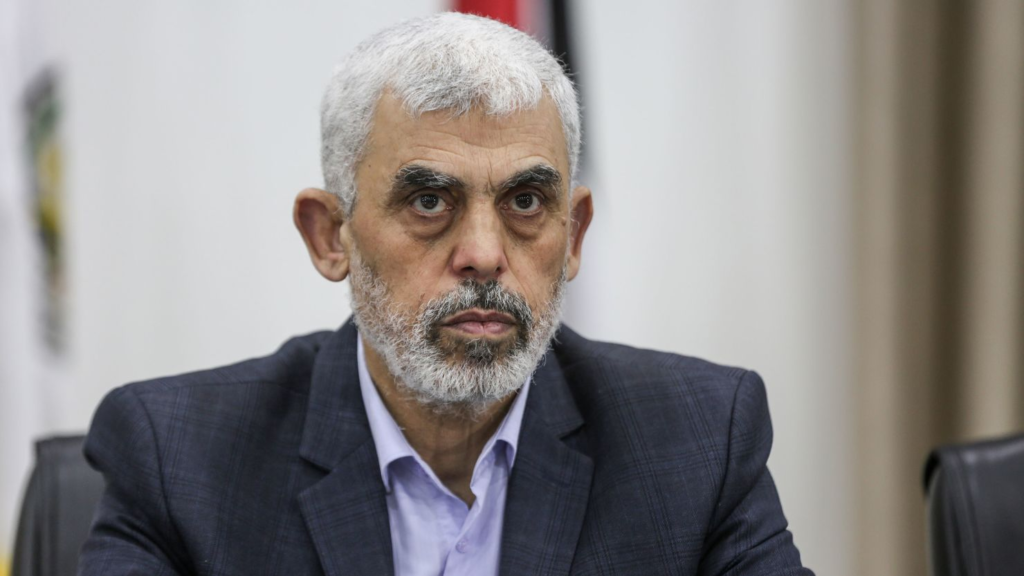Hamas Leader Under Pressure to End Gaza Conflict
The ongoing conflict between Hamas and Israel has caused immense suffering in the Gaza Strip. Recently, there has been growing pressure on Yahya Sinwar, the leader of Hamas in Gaza, to accept a ceasefire deal and put an end to the war. We’ll explore the internal dynamics, the role of Sinwar, and the delicate negotiations for peace.

The Situation
Yahya Sinwar, known for masterminding the October 7 massacre in Israel, is currently facing intense scrutiny from his own military commanders. They are urging him to consider a ceasefire agreement with Israel. The Central Intelligence Agency (CIA) has assessed this mounting pressure, highlighting the urgency of finding a resolution to the conflict.
Sinwar’s Dilemma
Sinwar’s position is precarious. While he is not concerned about his own mortality, he is acutely aware of the suffering endured by civilians in Gaza. As the key decision-maker for Hamas, he must weigh the consequences of prolonging the conflict against the potential benefits of a ceasefire. The blame for the ongoing suffering weighs heavily on his shoulders.
The Role of US Intelligence
US intelligence officials believe that Sinwar is hiding in tunnels beneath his birthplace, Khan Younis in Gaza. His location underscores his significance in the decision-making process. The CIA’s assessment emphasizes the need for both Hamas and the Israeli government to seize this moment and work towards a ceasefire.
Negotiations and Challenges
CIA Director Bill Burns has been actively involved in negotiations. He emphasizes that the current moment presents a fragile possibility for peace, more than nine months into the conflict. However, the final stages of negotiations are always difficult. Sinwar’s internal pressure has intensified in the past two weeks, with senior commanders growing weary of the fight.
Domestic and International Pressure
Israeli Prime Minister Benjamin Netanyahu also faces immense domestic pressure to secure the release of hostages held in Gaza. Thousands of Israeli protesters demand a focus on hostage return rather than military campaigns. The delicate balance between political considerations and humanitarian concerns adds complexity to the negotiations.
The situation remains fluid, but the renewed push for a ceasefire offers hope. As the conflict persists, the world watches closely, hoping for a resolution that brings relief to the people of Gaza and stability to the region.
Remember that achieving lasting peace requires not only political maneuvering but also empathy for the suffering of civilians caught in the crossfire. Let us hope that leaders on both sides recognize this shared responsibility and work towards a better future.




















